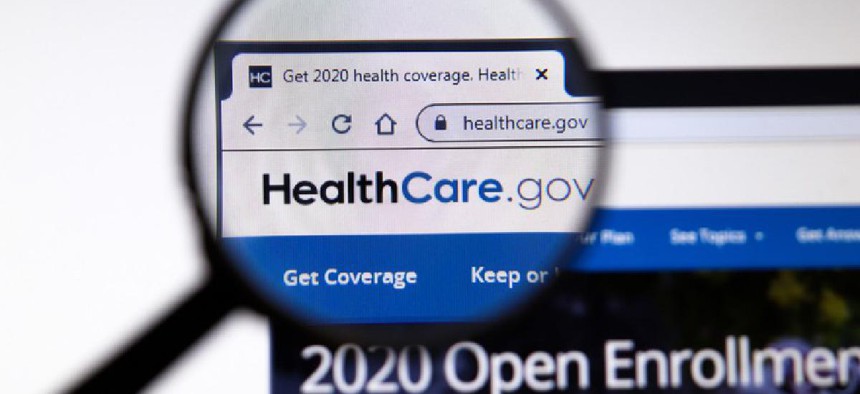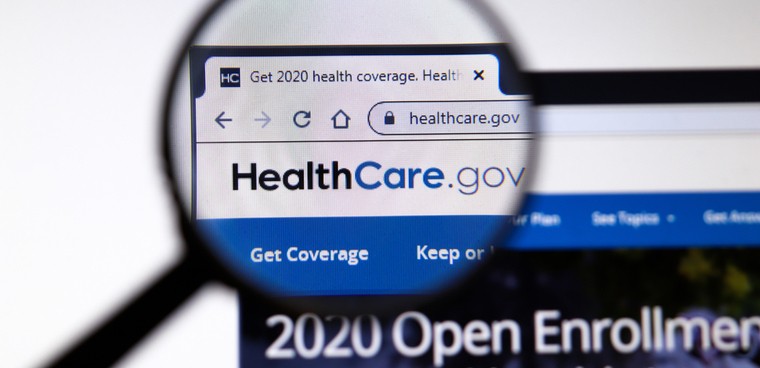Accenture rebuffed again in Healthcare.gov protest

Accenture Federal Services lost yet another protest in its effort to hold on to a contract operating the Healthcare.gov exchange that connects health insurance applicants to coverage available under the Affordable Care Act.

Accenture Federal Services lost yet another protest in its effort to hold on to a contract operating the Healthcare.gov exchange that connects health insurance applicants to coverage available under the Affordable Care Act.
According to the Government Accountability Office, which adjudicates bid protests, Accenture's protest was denied because it was looking to alter the terms of the solicitation to favor its own incumbency.
Accenture initially obtained the business on a sole-source award made in 2013 in the wake of the troubled launch of the Healthcare.gov website. The company then won a five-year contract valued at more than $560 million to run the site that manages ACA enrollment and plan management.
In 2019, the Centers for Medicare and Medicaid Services (CMS) put out a call for a new contract to manage the federally facilitated exchanges, which covers access for health insurance customers whose states don't offer their own portals to sign up for coverage. CMS made the offering as a task order on the agency’s $25 billion Strategic Partners Acquisition Readiness Contract (SPARC) vehicle.
CMS picked Deloitte to take over the contract valued at just under $400 million in November 2019. Accenture protested in December and Deloitte was again awarded the contract in February 2020. That led to another protest and, eventually, CMS issued an amendment to the solicitation in Nov. 17, with proposals due on Dec. 7 at 2pm. According to the timeline provided by GAO's decision, Accenture filed its protest -- with certain arguments redacted -- just a few hours before proposals were due.
Accenture objected to the solicitation's criteria for evaluating contractor experience. The company argued that the operation of a state-based exchange did not qualify a bidder to run the larger federal exchange.
In November, CMS amended its solicitation to note that systems qualify as being of a similar size to the Healthcare.gov system if it "requires a similar amount of work to build and operate," even if it processes a smaller volume of transactions.
According to CMS, 36 states use the Healthcare.gov platform, while other states run their own exchanges. The federal system processed 8.2 million enrollments in the recently concluded 2021 open enrollment period.
CMS, according to the GAO decision, felt that the Accenture protest was made to "diminish the competitiveness of offerors whose experience is limited to operating state-based health insurance exchanges."
GAO took the point. "Accenture is not prejudiced by this provision -- other than the 'prejudice' of potentially facing more meaningful competition," Armstrong wrote in his decision. GAO also noted that the protest was premature, since it was not yet known how CMS will evaluate the experience of offerors in light of the November amendment to the solicitation.
Accenture also argued in its protest that the revised solicitation doesn't take into account a "surge of new customers" brought in by the coronavirus pandemic. That argument wasn't specifically addressed in the decision. The Biden administration announced last week a new ACA special enrollment period from Feb. 15 to May 15 to attract underinsured and uninsured Americans to the program.
NEXT STORY: FCW Insider: Feb. 2



